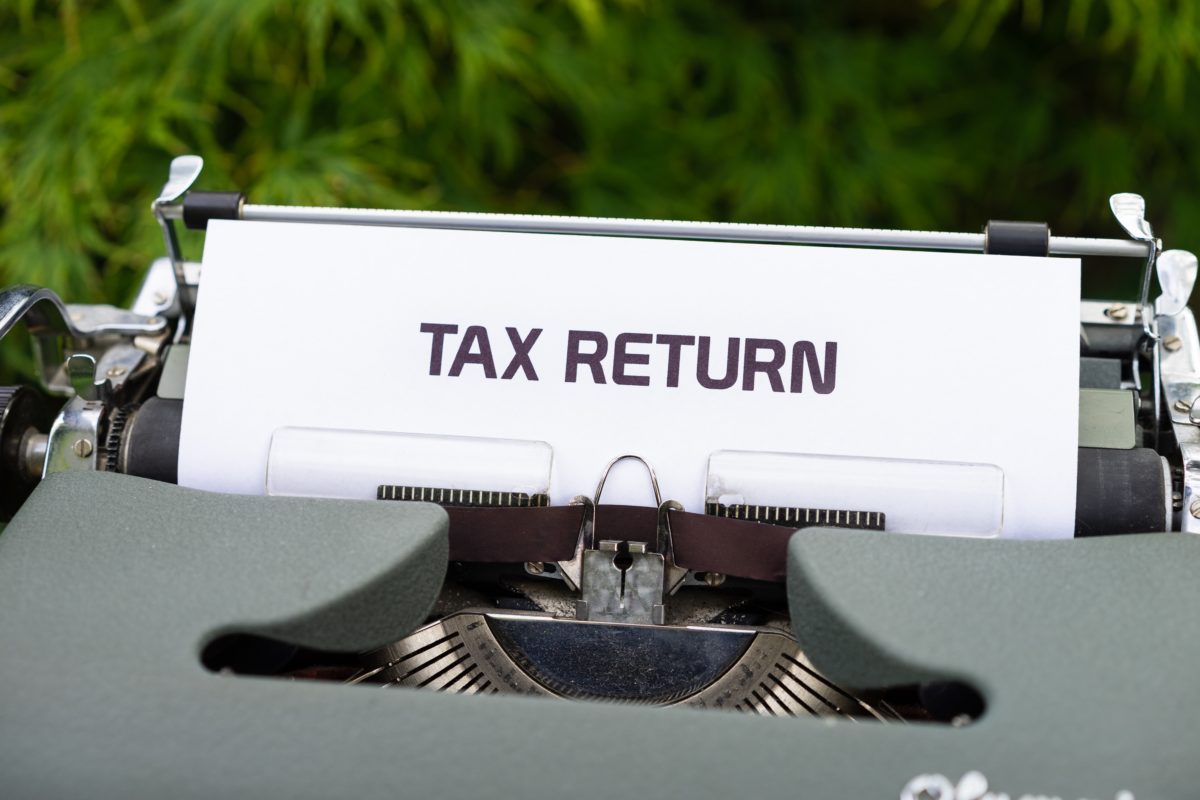
One investment niche that investors often overlook is property tax liens. The increasing volatility of the stock market, combined with still historically low-interest rates, has many investors seeking this alternative avenue to provide a decent return rate. In some cases, this unique opportunity can provide knowledgeable investors with excellent rates of return. Property liens can also carry substantial risk, which means novice buyers need to understand the rules and potential pitfalls that come with this type of asset. This article discusses tax liens, how you can invest in them, and the disadvantages of this type of investment vehicle.
Buyers also need to do their due diligence on available properties. In some cases, the property's current value can be less than the amount of the lien. The NTLA advises dividing the face amount of the delinquent tax lien by the property's market value. If the ratio is above 4%, potential buyers should stay away from that property. Furthermore, other liens may also be on the property that will prevent the bidder from taking ownership. Every piece of real estate in a given county with a tax lien is assigned a number within its respective parcel. Buyers can look for these liens by number to obtain information about them from the county, which can often be done online. For each number, the county has the property address, the owner's name, the assessed value of the property, the legal description, a breakdown of the property's condition, and any structures located on the premises.
Investors interested in locating tax lien investing opportunities should get in touch with their local tax revenue official responsible for collecting property taxes. There are currently 2,500 jurisdictions, cities, townships, or counties that sell public tax debt. While not every state provides for the public sale of delinquent property taxes, if the state does allow the public auction of the unpaid property tax bill, investors should determine when and where these taxes are published for public review. Property tax sales are required to be advertised for a specified time before the sale. Typically, the advertisements list the property owner, the legal description, and the amount of delinquent taxes to be sold.
Investors who purchase property tax liens are typically required to immediately pay back the lien's full amount to the issuing municipality. In all but two states, the tax lien issuer collects the principal, interest, and any penalties, pays the lien certificate holder and then collects the lien certificate if it's not on file. The property owner must repay the investor the entire amount of the lien plus interest, which varies from one state to another—but is typically between 10% and 12%. If the investor paid a premium for the lien, they might add this to the repaid amount in some instances. The repayment schedule usually lasts anywhere from six months to three years.
In most cases, the owner can pay the lien in full. Suppose the owner cannot pay the lien by the deadline. In that case, the investor has the authority to foreclose on the property just as the municipality would have, although this happens very rarely.
Mortgage in a Tax Lien Sale
A lien stays with the property when it is sold. However, the lien remains on the previous owner's credit report. Property tax lien foreclosures occur when governments foreclosed properties in their jurisdictions for the delinquent property taxes owed on them. Property tax liens are superior to other liens, so their foreclosure eliminates other liens, including a mortgage lien. Homeowners with delinquent taxes typically also have outstanding mortgage debt. After purchasing a tax-foreclosed property, if you discover a mortgage lien on it, it should be removed by the county in which you bought it. The county will discharge the lien based on the tax sale closing documents. If this does not work, you can also contact the lien holder to have it removed. In every state, after the sale of a tax lien, there is a redemption period (although the length of time varies depending on the state) where the property owner can try to redeem their property by paying their delinquent property taxes. However, even if the owner is paying their property taxes, if they fail to make their mortgage payments during this time, the mortgage holder can foreclose on the home.
Focusing on the supposed “quality” of a property is the #1 mistake people make when they start in tax lien investing. DO NOT analyze the property associated with your tax lien the same way you look for a home or rental property. If you treat it this way, you will miss out on many great deals.
Who here has dreamed of one day owning a lot halfway across the country in a neighborhood you would not live in? If I told you the lot was available for pennies on the dollar and I would sell it for you quickly and double your money, never lift a finger; who is interested? The property exists as a safety net and a bonus, which is your hallelujah moment. Smart investors invest in the interest rate. Acquiring the property is a bonus, like winning the jackpot.
Property tax liens can be a viable investment alternative for experienced investors familiar with the real estate market. Those who know what they are doing and take the time to research the properties they buy liens can generate substantial profits over time. However, the potential risks render this arena inappropriate for unsophisticated investors. Without the proper research and understanding of the real estate market, an investor could quickly end up with a property that doesn't get redeemed by the owner (in the form of them paying their taxes to you with interest), and that has no value. That low-value property will then ultimately end up as the property of the investor. For those interested in investing in real estate, buying tax liens is just one option.
IRS Tax Liens and the Public Record
Are IRS Tax Liens Public Record? If a legal claim is made against your property to satisfy a tax debt, the IRS will file a Notice of Federal Tax Lien. This is a public document and serves as an alert to other creditors that the IRS is asserting a secured claim against your assets. Credit reporting agencies may find the notice and include it in your credit report.
We have purchased millions of dollars in tax liens, and when buying a tax lien, we focus on two items:
First: What is the interest rate? The higher, the better. It is not like buying a mutual fund where performance fluctuates. Tell your portfolio manager to sort their tax liens for the highest to lowest interest rate and send the highest interest rates they have.
Second: Can I make money? The property tied with the lien is not your investment, but your insurance policy. If you get a property, you will be ecstatic, but you would not believe how often we have sent a client a portfolio; they will look at it like they will have their own mother retire there. We hear things like: “That is a rough neighborhood, I would never live there,” or “That is halfway across the country.” You will not live there. You are going to buy it cheap and sell fast, and then you will repeat the process.
You should only be in the tax lien deal for a few weeks or months, not years. We are flipping tax liens: the faster we buy and sell, the more money you make. You would be surprised how many new tax lien investors walk away from a deal that could double their money in a few weeks since it is vacant or looks terrible. What is important to you: if the property is pretty or the deal is profitable?
The process is simple. I do not care where the tax lien is: if I think I can make money, I buy it since I know most of the time I will not get the property, but the interest. If I get the property, I price it to quickly sell: “Buy Low – Sell Fast.”
We have made way more money buying tax liens on vacant land than any other property type. We cherish vacant land. There is no need to worry about mold, fires, transients, rats, evictions, etc. The foreclosure and sale process is extremely clean and fast.
Our portfolio management team is there for you to answer questions, make sure you know what you are doing, and that you are comfortable.
Buying a home in foreclosure or buying a home at an auction can also be valuable investment opportunities. If you are still interested in property tax liens, it is recommended that you consult your real estate agent or financial adviser.






